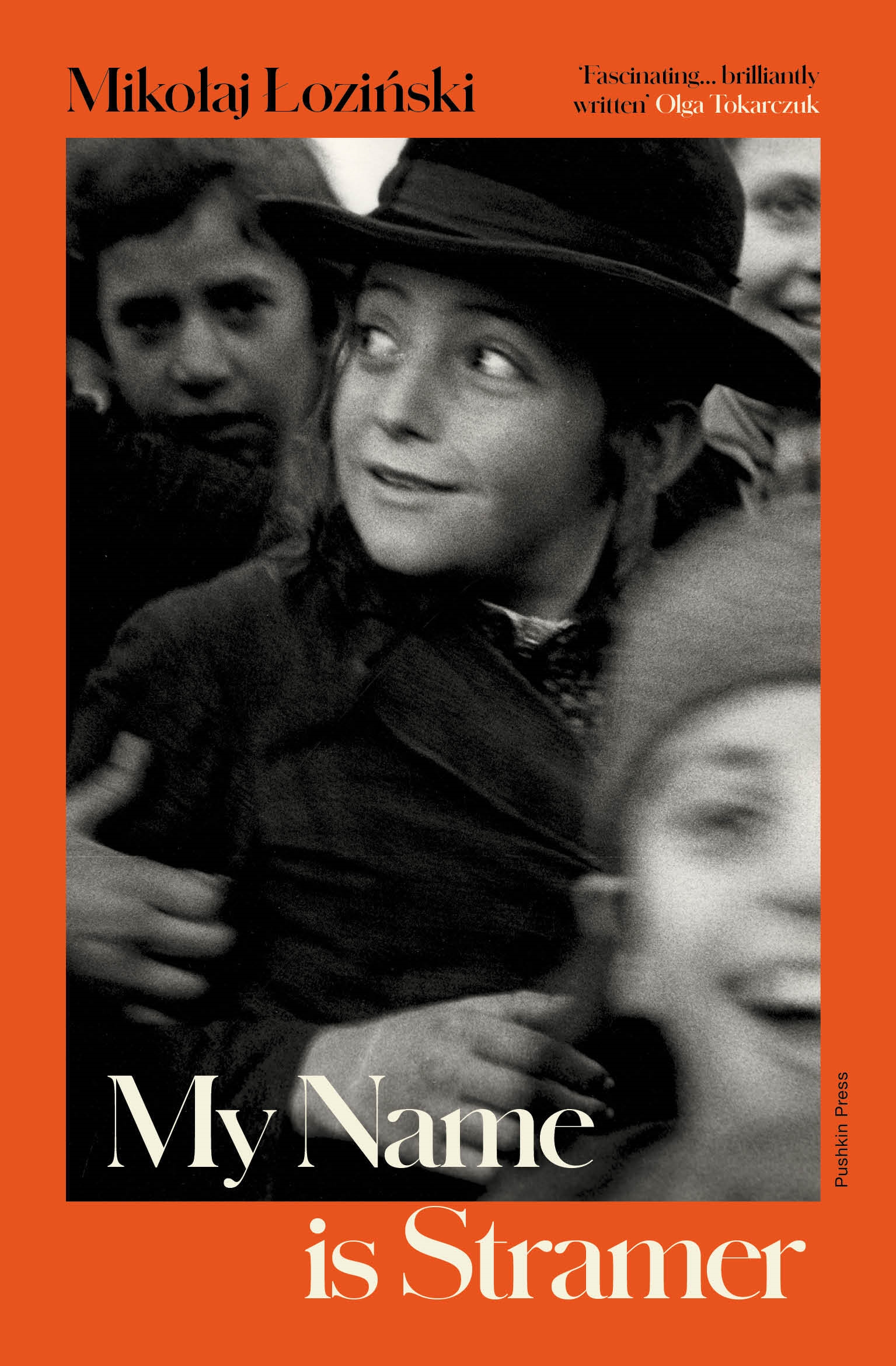A Jewish friend once told me the joke about the Jewish telegram: “Start worrying. Details to follow.” There’s a quality of that deathly humour throughout this novel by the Polish writer Mikolaj Lozinski — a history of a Jewish family in Poland in the first half of the 20th century. The same weary comedy from the telegram appears in the opening pages when a man is asked how things are, and he always replies, ambiguously, “Good, but not hopeless.”
The man is Nathan Stramer. It’s the end of the First World War and he has returned to Poland from New York where his brother, Ben, runs a stationery shop. “The most durable human virtue is business,” says Ben, who sends money to Nathan while he works in a butcher’s shop and awaits “the business opportunity of a lifetime”.

Nathan has returned to be with his wife, Rywka, and their children, and the story cycles between the different family members. Sometimes the switches are too rapid as we move on before a storyline develops fully, and the book works best when Lozinski gives each episode the space it needs.
For example, Nathan does find his business opportunity of a lifetime: he opens a café and names it The Stramers. It’s at the posh end of Goldhammer Street in the town of Tarnow and the family live at the other end. It’s tense and funny at the same time as Nathan awaits his first customer. A prominent lawyer comes in for a coffee and Nathan is thrilled, but the lawyer doesn’t pay before leaving. The tables become occupied, but “coffee-shop campers” sit for half a day over a single cup. Nathan has a brainwave on how to deal with them: he saws a centimetre off the front legs of the chairs, making them uncomfortable to sit on. That goes as well as you might expect.
The Stramer children have their own adventures. Rudek, the eldest son, goes to university in Krakow, and suddenly the tight-knit family members have difficulty arranging themselves as they walk down the street with a gap in their number.
The middle son, Hesio, has trouble at school: a sex-obsessed pal makes him laugh while the headmaster is lecturing the pupils. (“He’s getting a stiffy,” Flounder whispers, and later instils a sense of wonder in Hesio by showing him his uncircumcised penis.)
• What we’re reading this week — by the Times books team
The youngest son, Nusek, petitions his father — without success — to buy a Christmas tree. “We’re not going to ape the Catholics, are we?” Nathan asks him, although he admits, “You had to give it to the Catholics, Christmas was the best business idea in the world.” Aping or bending one’s culture to fit in is a key theme in My Name Is Stramer. Jews are castigated for speaking Yiddish and not Polish, even though Jewish culture is well established in Poland.
Geopolitics enters their lives whether they want it or not, as it so often has for Jews throughout history. Some family members are drawn to the Soviet Union and communism as a safe harbour against the growing antisemitism in Europe while others argue against it. “What about your party leaders Stalin has killed in Moscow?” Rudek asks Hesio. The Zionists and the communists front up against one another: “Sod off to the Soviets!”, “Sod off to Palestine!”

Life in the Jewish quarter of Lodz in 1930
IMAGNO/GETTY IMAGES
The years pass and things don’t get any better, but there’s always an ebullience in the telling that reflects the indomitable spirit of the characters. Hesio is jailed in a crackdown on communists, but the worst part is his cellmate using his toothbrush. “As a communist I’m opposed to personal property. Aren’t you?” the cellmate says.
The tone of the book is wise, world-weary and wry, and with an authenticity to its time that makes it feel like a rediscovered classic. (It was first published in Poland in 2019.) But things darken for the family as synagogues are burnt and Germans raid Jewish homes. Soon, “Start worrying. Details to follow” doesn’t seem like such a joke. We remember that Tarnow is not far from Auschwitz and the scene of the Nazis’ most notorious crimes.
• Read more book reviews and interviews — and see what’s top of the Sunday Times Bestsellers List
My Name Is Stramer doesn’t build to a traditional climax: it’s about the continuing weave of life. Secondary characters return: the lawyer who didn’t pay and the pervy pupil later play key roles. The Stramer family is split in exile and the end comes suddenly, but it is not a pessimistic book — it’s always interested in the good things in life amid the suffering. As one of the Stramer boys observes when he’s in love, things are even better when you have someone with you, someone you can turn to and say: “Look, how beautiful.”
My Name is Stramer by Mikolaj Lozinski (Pushkin Press £14.99). To order a copy go to timesbookshop.co.uk. Free UK standard P&P on orders over £25. Special discount available for Times+ members
